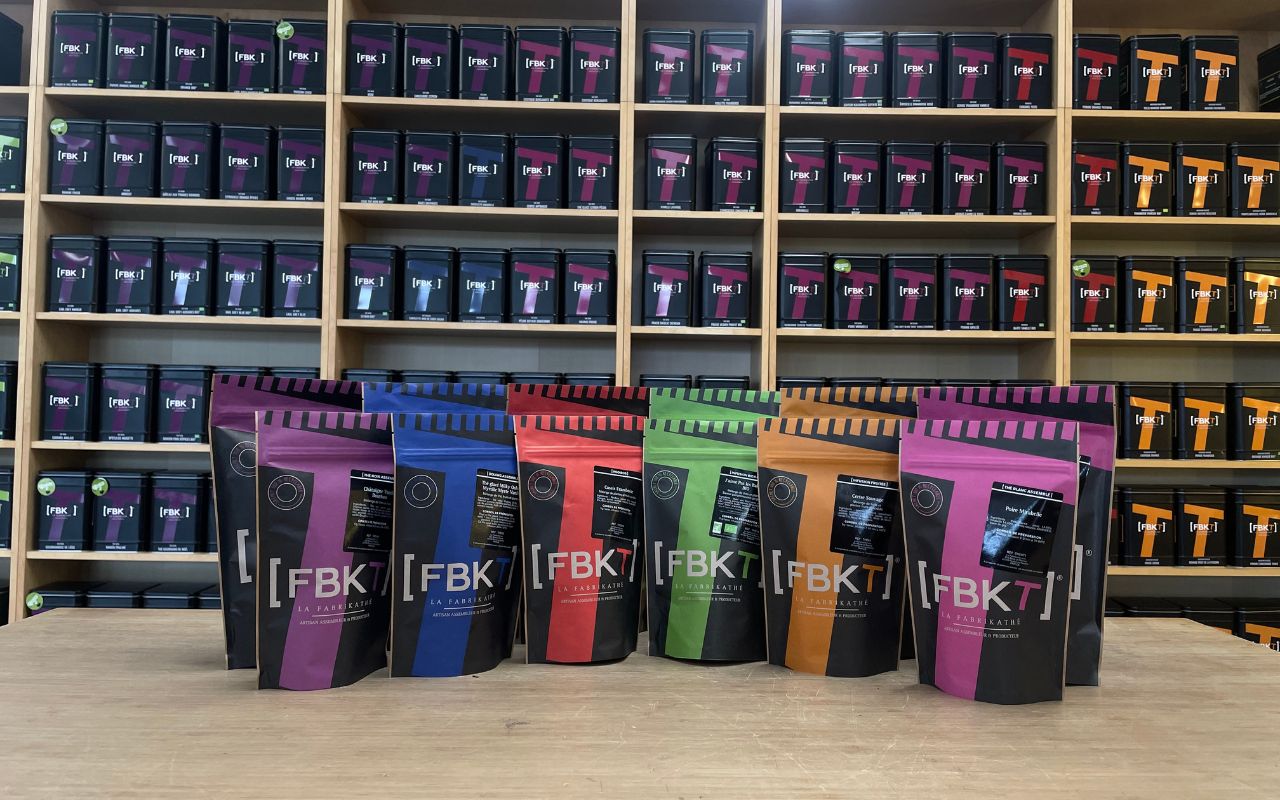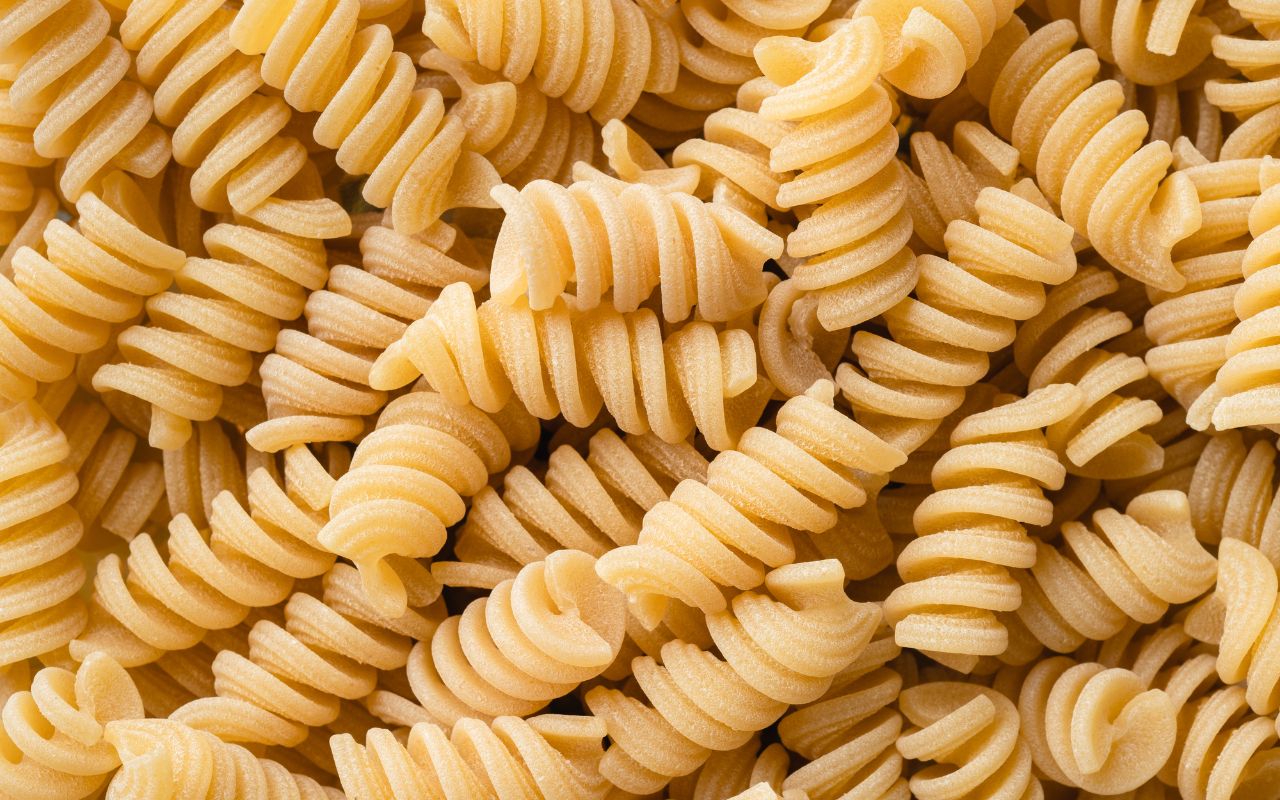Once all the harvests were done and the aromatic plants dried, the plantation went into winter mode to protect the tea bushes, plants and bees; to work on the soil for the high season and to work on two new projects: an ecotourism circuit and the cultivation of durum wheat for the production of artisanal pasta!
Babies at the tea plantation
The scorching summer took its toll on our camelias sinensis, which for the most part resisted the drought quite well thanks to mulching and drip irrigation. However, some of our youngest and most fragile plants had to be replaced in the autumn.
We also installed mulch to protect the plants from frost.
The larger tea trees took advantage of the autumn to produce many seeds which were collected daily and then replanted in the warmth.
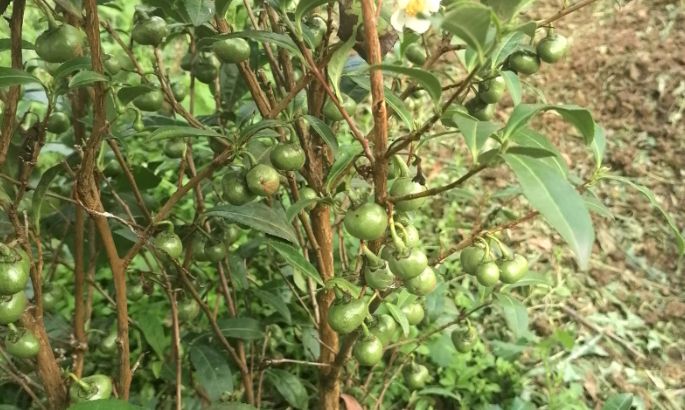
Well sheltered behind a glass roof, these seeds have started to germinate and we now have a nursery of tea trees!
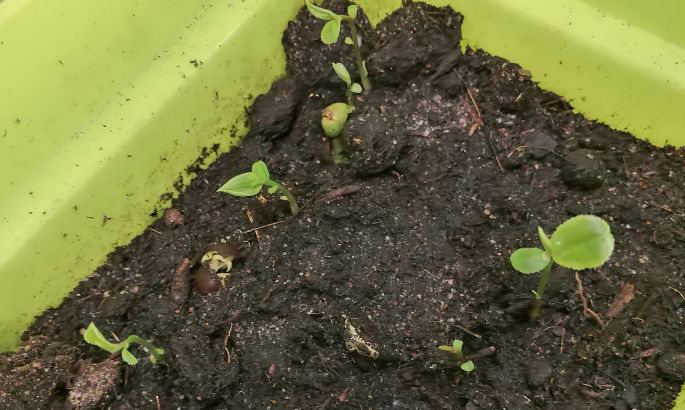
An additional plot of land has been prepared to accommodate 900 new tea bushes which are due to arrive in April.
Before the summer, we will have more than 1600 tea plants in the ground and lots of babies to raise.
A nice crop of herbs
We are pursuing our objective of relocating our cultivation and our ambition to produce 20% of our needs in plants for our teas and infusions.
After very good harvests (the whole team has been given a hand in the fields this summer!), the aromatic plants are quietly spending the winter on the plot and we have continued our work on the soil: weeding (by hand), grassing, re-weeding…
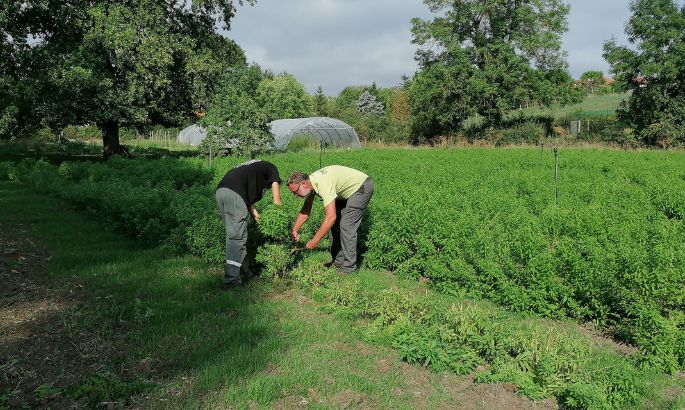
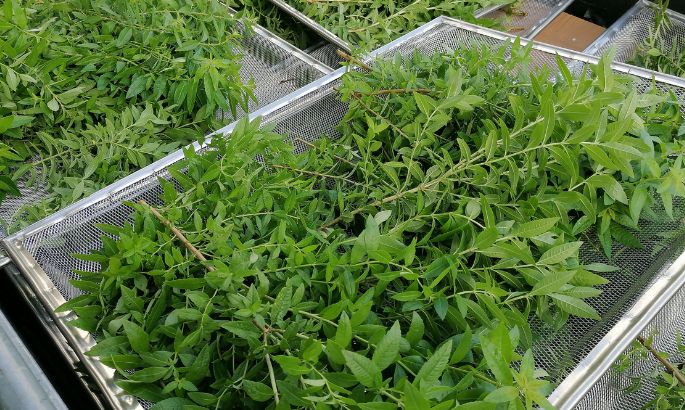
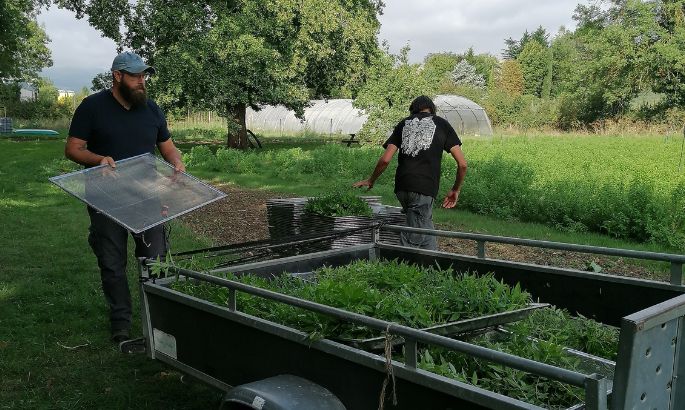
The dryer has also been very busy since it has been running all summer to dry all the verbena, mint, camomile… harvested every morning. We were able to stick to our model: harvest in the morning, remove the leaves directly from the field, and put them in the dryer in the hours that followed (cold drying in 12 to 16 hours to preserve all the essential oils of the plants).
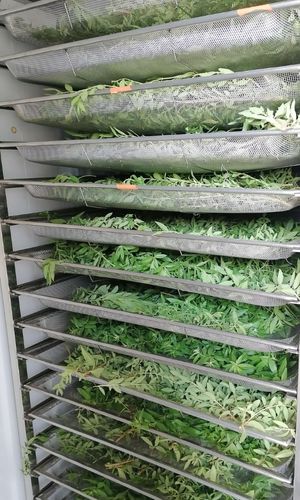
100% home-grown herbs and peppers
In addition, we produce 100% of the herbs for our Escale aux Epices brand of spices: thyme, rosemary, basil… But also all kinds of chillies!
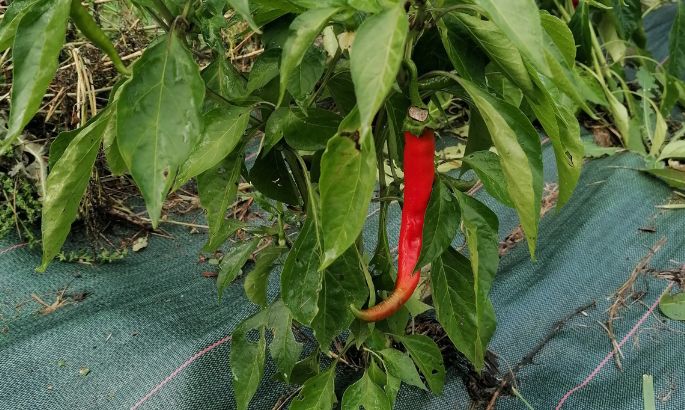
These herbs, added to the vegetables produced in our organic garden, will obviously have their place in our future project of making 100% local homemade pasta… We have also planted 2 hectares with a partner producer in the Roanne region (the shoots are out!).
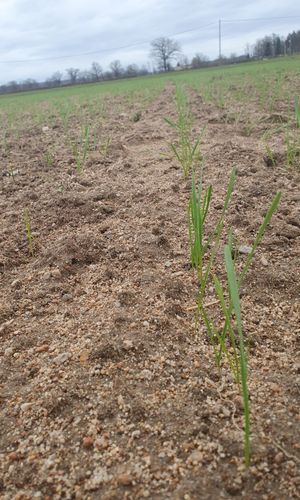
We’ll tell you more soon, we promise! In the meantime, you can discover the project on our MIIMOSA equity loan campaign.
Eco-tourism at FBKT, from spring 2023!
Attached to our rural territory but also proud to carry our agricultural and craft project, we want to share it with others. This is why we are currently working on the creation of an ecotourism circuit, which will be offered from this spring.
The idea is to share our daily life as artisan producers and our passion for the tea plant, the plants, the hand assembly… More information very soon!
Ponds for water management… and because we like frogs! 😊
On the plot of aromatic plants, already supplied with water by a natural spring accessible from our well, we had 2 water ponds dug.
Useful for watering during the summer, these ponds are also intended to complete the ecosystem around our aromatic plants. We did wonder about raising frogs or ducks in them, but we thought we were already quite busy… In any case, it’s a safe bet that all these little creatures will soon make their homes there on their own!
And what about our bees?
Our striped workers were very active this summer as we were able to collect more than 150 kilos of honey with our 12 hives.
Once the wintering was prepared and launched, we moved the hives in anticipation of the ecotourism visits planned this summer. They are now isolated near the camomile trees and perfectly exposed (sun in the morning, shade in the afternoon).
For those who missed the video, here are the images of our plantation filmed with a drone when all the plants were in bloom.

